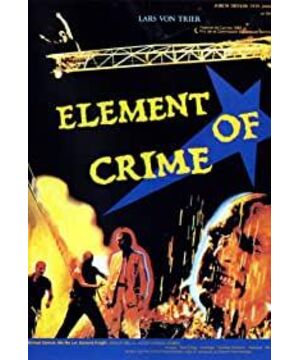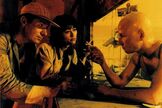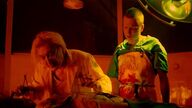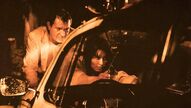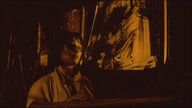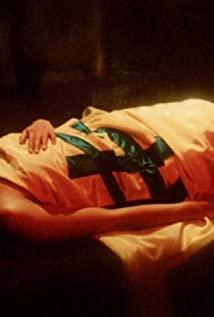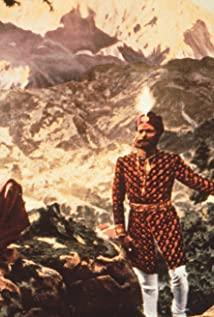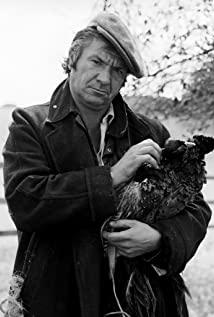It was a true hypnosis, the recollection receded, and when he retold it, the repetition moved forward so slowly and nightmarishly.
Arriving at night, the lake and town quiver in the orange light, and Osborne's glass ball lights seem to be the core of this light. In this corrupt place, countless fallen leaves are falling, the wind is blowing, and the child sings terrible short ballads like how the girl who sold the lottery was killed.
Fraser left Cairo and came to Europe to investigate a murder case. The only old boss he saw was Osborn, a criminologist. He wrote books on criminal cases and conducted psychological analysis, claiming to guide the police to find the unknown activities of criminals. Fraser's spiritual mentor. But when Fraser began to search for Harry Gray, Osborn took out the photo and pointed out that Harry had died on the way, and the flames of the car were extinguished in the photo. Fraser believed he was intimidated and suspicious, and decided to follow up on his own.
Fraser recreates Harry's country trip. He floated on the water, carrying either Harry's or his own amulet, and following the route on the report, he met the hotel where Harry had come, it was like a ruin, but the people in it didn't know it. Hit the road with a prostitute and assume she's Harry's lover, or at all. Here, Fraser and Harry overlap from time to time, narrating each other, and Fraser begins to have to restrain his head with a string because of a severe headache. Has the search for "the mood at the time of the crime" also become a temptation in the hypothesis? He suffered from Harry's headache until he realized he was in a conspiracy.
Fraser entered his own labyrinth, but he was bound along the clues, as if changing his identities in different experiences. When Fraser was about to end the story, he was told that a girl who sold lottery tickets needed help. They came to the expected location together and walked past the empty room full of bottles. The girl was restless, and Fraser's talisman slipped down. He was suddenly touched by possible criminal psychology. The girl tried to escape by grabbing the window, but was suffocated to death by him.
It is no longer worth revealing who the murderer was, and Osborn, like a prophet, pointed out that the murder was only a formality, a kind of mental manipulation, and he thus found the perfect form for his "systematicity in the last detail".
Reality is not worth simulating, but the surreal performance excites the director and us. Is hypnosis a deep memory or a re-exploration on a certain level? The countless light cannons, fallen leaves, sand and stones, donkeys, glass bottles, and scalpels are more like the complicated thinking in Fisher's mind, derived from actions, and I still don't understand what he repeats "I believe in happiness" is Point to something? The last autumn rain made me feel infinitely desolate.
View more about The Element of Crime reviews


